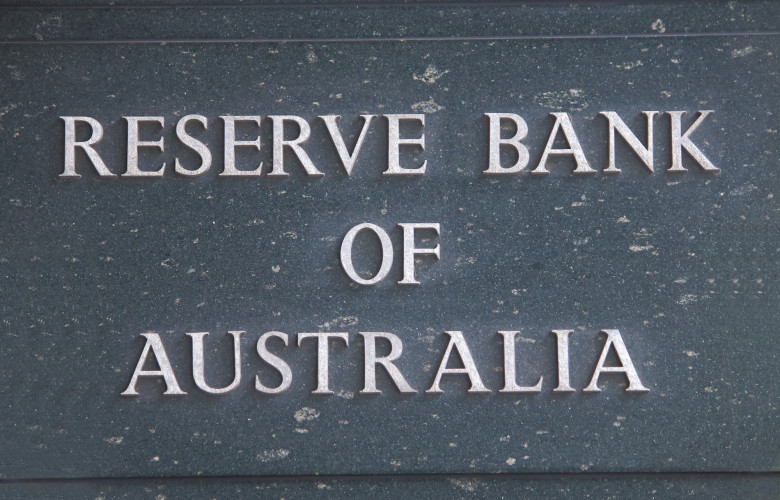Cash rate won't need to be dropped more than two times - Finsure
Contact
Cash rate won't need to be dropped more than two times - Finsure
Finsure Managing Director John Kolenda said there is no requirement for the Reserve Bank of Australia to drop the national cash rate more than twice in the next 12 months.
Speculation the Reserve Bank could make as many as four cuts to the national cash rate across the next 12 months has been called into question by Finsure Managing Director John Kolenda, who believes the RBA does not need to drop the rate any more than twice to stimulate the economy.
A series of "significant" developments in Australia and overseas had led economists JP Morgan to adjust its RBA forecast of 50 basis points coming off the rate by the end of the third quarter to predict the national cash will be cut to 0.5 per cent between now and the middle of next year.
In a statement released on Wednesday, Chief Economist Sally Auld said a drop in core inflation and deteriorating global growth was behind the revised figure.
At a glance:
- The RBA will meet next Tuesday to decide whether to cut the national cash rate.
- JP Morgan has forecast the rate could drop to 0.5 per cent midway through 2020.
- Finsure Managing Director John Kolenda said there was no requirement for the cash rate to be cut more than twice.
"It goes without saying that a weak domestic economic backdrop leaves the RBA very vulnerable to global disappointments"
"Envisage a scenario in which the Fed is cutting in response to weaker growth; in such circumstances, the RBA is unlikely to stop at 50bp of easing."
"Given these developments, we add a further 50bp of easing from the RBA in 1H20 into our forecast, and now expect the cash rate to reach 0.5 per cent by mid-2020."
While he acknowledged the influence of the US market, Mr Kolenda - who correctly predicted the RBA would hold rates at its May meeting- told WILLIAMS MEDIA the cash rate wasn't the only consideration when it came to global economic challenges.
"I don’t think there will be a requirement for the RBA to drop the cash rate more than two times from its present level of 1.5 per cent in order to stimulate the domestic economy.
"What happens with future rate movements by the RBA will largely depend on whether there is a deeper deterioration in the US-China trade war and the impact that has on the global economy and the flow on effect in Australia."
"I think, however, if that situation does occur the federal government can take some action to address the broader implications of the impact on the Australian economy."
Mr Kolenda said it was worth noting the recent efforts that had been made to stimulate the economy.
"Some of the initiatives they have already announced such as the First Home Owner Deposit Scheme, tax cuts and infrastructure spending will flow through the economy to help negate any global economic headwinds," he said.
"Conversely, the macro-prudential tools implemented by the regulators has had more impact on the economy over the last few years than lower interest rates.
The RBA has already hinted it will break its 30-month stalemate at its meeting next Tuesday, with governor Philip Lowe admitting that a lower cash rate would support economic growth during a speech earlier this month.
Similar to this:
Just how important was the RBA decision?
Rates expected to be cut in the second half of the year as RBA decides to hold






